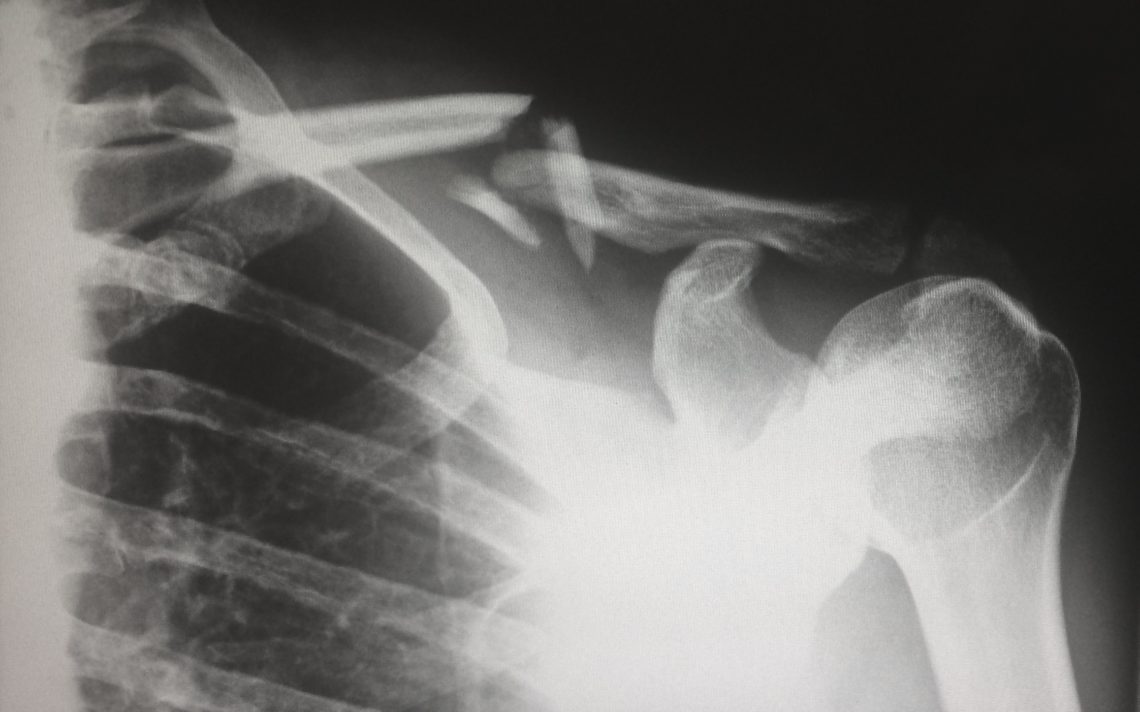-
Signs You May be a Hypochondriac

A hypochondriac is someone who lives with the fear that they have a serious, but undiagnosed medical condition, even though diagnostic tests show there is nothing wrong with them. Hypochondriacs experience extreme anxiety from the bodily responses most people take for granted. For example, they may be convinced that something as simple as a sneeze is the sign they have a horrible disease.
-
Midlife Anxiety

A 2014 study by the British government found that while most people of all age levels are generally content with their lives, those in the middle age years – between the ages of 45 and 59 – are the least happy. These respondents reported low ratings of overall happiness and life satisfaction and a sharp increase in midlife anxiety. Interestingly, even adults aged 90 and older reported being happier and more satisfied than the middle aged group.
-
How Do You Know That You Have Received a Comprehensive Psychiatric Evaluation?

As I have discussed in previous blogs on this website, the practice of Psychiatry is challenging. Unlike other medical specialties there are a paucity of laboratory testing or radiologic imaging that will reveal the true nature of the problems being presented at the time of our appointment. Instead of relying on objective data I must process a wealth of subjective information; that is, the words that you use in describing your current emotional state. I view this challenge much like a good detective would tackle a mystery. To help you better understand the complexities of the evaluation I will try to outline the key components.
-
How to Overcome Flying Anxiety

More than a quarter of Americans report feeling some kind of anxiety related to air travel. This guide goes into detail about some of the common causes of flight-related anxiety and how people can overcome it.
-
Can Virtual Reality Therapy Treat Eating Disorders?

Eating disorders affect a person’s physical and psychological functioning differently than any other mental health disorder. Once thought to be a problem of the wealthy, eating disorders are now known to impact various cultures, socioeconomic statuses, ages, and genders, and can be found worldwide.
-
Rapid Onset Gender Dysphoria: Does it Exist?

The American Psychiatric Association (APA) defines a person as having gender dysphoria when they feel strongly that they don’t identify with the biological gender they were born with, when it causes them distress, and when they have felt this way for at least six months. Although children as young as age four may express gender nonconformity, often a person isn’t aware of their gender dysphoria until they reach puberty and recognize they are not comfortable with the new changes going on in their bodies. Because this realization may take their families by surprise, some researchers have been recently exploring a new subset of gender dysphoria called Rapid Onset Gender Dysphoria (ROGD). On the surface, ROGD seems to occur very suddenly and without the child having expressed any prior distress with their physical gender.
-
Does Breast Cancer Awareness Month Increase Health Anxiety?

It’s October and pink ribbons are popping up everywhere. While this time of year is good for reminding women to do their breast self-exams or get an annual mammogram, it also can be a month of great concern for women who suffer from health anxiety.
-
What is Self Harm?

Self harm or self-injury is the intentional wounding of one’s own body. Most commonly, a person who self harms will cut themselves with a sharp object.
-
There's Something Rotten In…
I consider myself a well-trained mental health professional and as such an expert on human behavior. These days however, I find myself more and more at a loss pondering the amount of violence and hate visible in our world. This week I attended an interfaith vigil united to protest hate crimes and violence. It was uplifting to share in the community expression of mutual support, love and the need to heal. However, I left feeling that there still were no answers to the existence of such evil.
-
Mental Health and a Slice of Pizza

I am sure you are wondering what pizza has to do with mental health. It is much more than enjoying a tasty slice or two. A slice of pizza represents a part of a whole and introduces us to the concept of systems theory. The systems concept helps us process a lot of information in a more orderly way, to be able to go back and forth between the whole and its parts, understanding the interaction between the forest and its trees. We can examine the individual trees while at the same time taking in the picture of the entire forest.